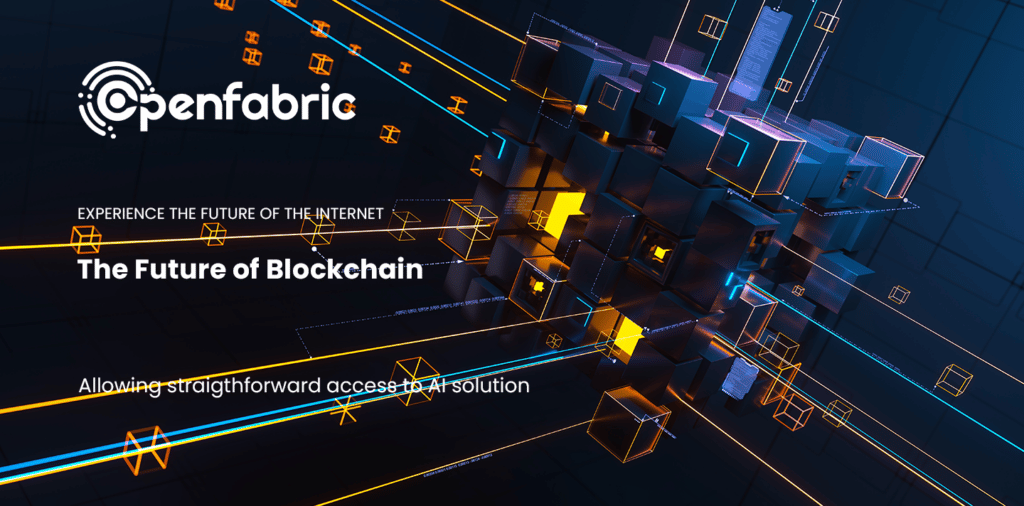
July 19, 2022 4 minutes read
The Future of Blockchain

The Distributed Ledger Technology (DLT) that powers blockchain has the potential to disrupt many industries like finance, healthcare, supply chain, Internet of Things (IoT), and many others. Blockchain is not just an emerging technology anymore, its ever-increasing adoption and a large number of use cases have made it a strong candidate to be the foremost technology that helps us solve the major problems of the world.
Whenever there is a discussion around the prospects and applications of blockchain, the finance sector and cryptocurrencies always take center stage. There is no doubt that it remains one of the primary areas of focus but today we try to look at some of the other potential future benefits that this technology can bring us.
Blockchain Identity
Imagine a secure, tamper-proof identity system that allows you to freely travel across the world without having to carry lengthy paperwork and passports. Not only this but the secure ledger can also maintain your tax records and act as a means of identity verification for healthcare, employment, and other government records. This will have the advantage of being efficient, improving privacy and transparency, and reducing the risks of security breaches.
New Models of Governance
The use of blockchain in governance will help alleviate some of the inefficiencies of current governance models. In South Korea, more than one million driving licenses have been stored on a blockchain-based system. Similarly, other countries are also adopting blockchain in their governance practices. The finance ministry of Japan has said that the blockchain is an essential tool in fighting the pandemic and its effects. Thailand is planning on digitizing its judicial records on the blockchain. Even Vietnam has adopted a blockchain platform (akaChain) with the aim of digitally transforming the country. In the coming times, we might see many countries make use of blockchain voting systems.
Interconnectivity
The implementation of permissioned and permissionless blockchain networks will improve interconnectivity. Even though true interconnectivity may take many years to materialize, we might see some networks emerge that gain a substantial userbase. This in turn will lead to more members of the single network seeking a means of integration across various protocols.
Countering Fraud and Improving Transparency
Data protection is one of the major concerns of the current times and blockchain tools and platforms certainly help counter this problem. Blockchain solutions for fraud detection will also help identify fraudulent data sources. Additionally, the use of self-executing and self-enforcing smart contracts has many applications across different industries and will help boost transparency and security.
An Improved Global Standard of Living
Poverty, food security, and income inequality are among some of the major global issues. Around 750 million people in the world are currently living below the poverty line. This amounts to approximately 10% of the global population. Additionally, 2 Billion people do not have access to financial services.
The right use of Blockchain can foster poverty alleviation programs and help reduce income inequality. Just consider how much difference a distributed ledger system can make by adding transparency to the distribution of funds. This can help curtail corruption and ensure that funds meant for the poor reach their rightful owner.
Apart from this, blockchain systems can help advance the cause of a free and fair society. People from all walks of life will reap the benefits that will be brought by the use of blockchain technology.
Looking Forward
The promise of a blockchain-powered future is very real. Even though the technology itself may be in its nascent stages, the development work is going at full steam. Pretty soon we will see numerous large-scale blockchain projects emerge. Others like Openfabric are leading the blockchain revolution and providing the masses with easy access to blockchain technology. The Openfabric platform has made the adoption of blockchain very simple and now even someone without any coding skills can make use of the platform and build AI and blockchain tools without any hassle.
Openfabric will let you make the most of these emerging technologies in the best possible way. In order to learn more about the platform, you can visit us at the following social media accounts:

